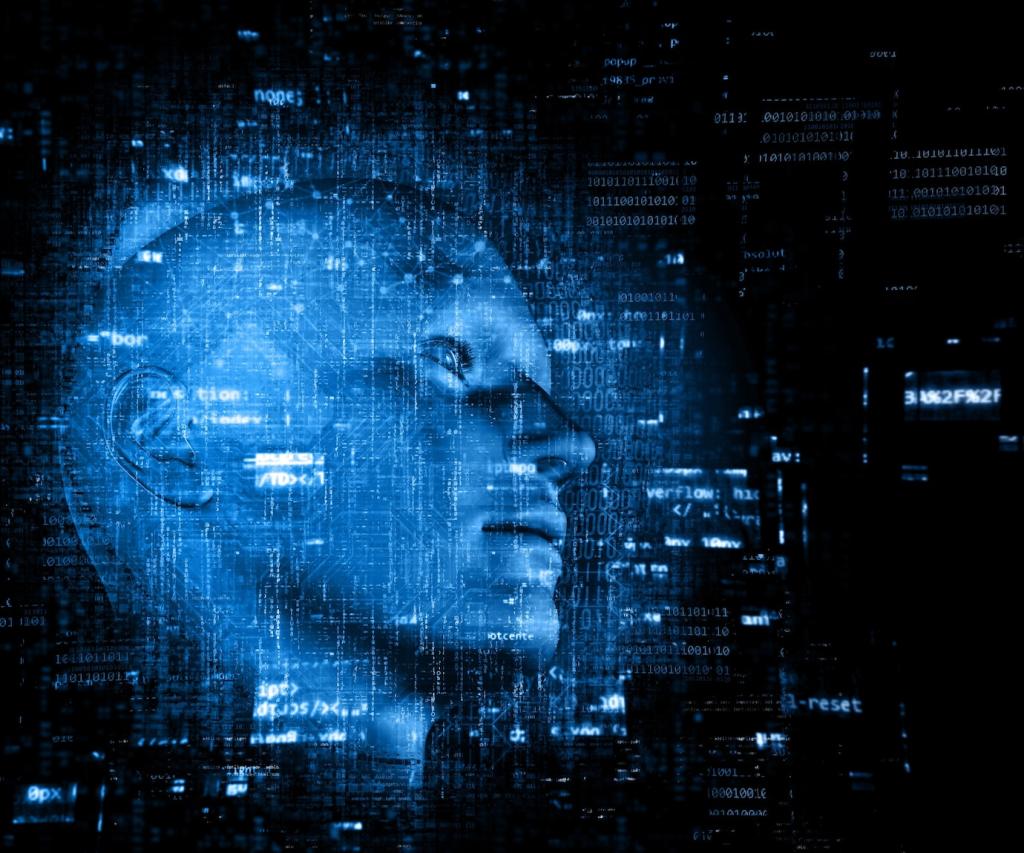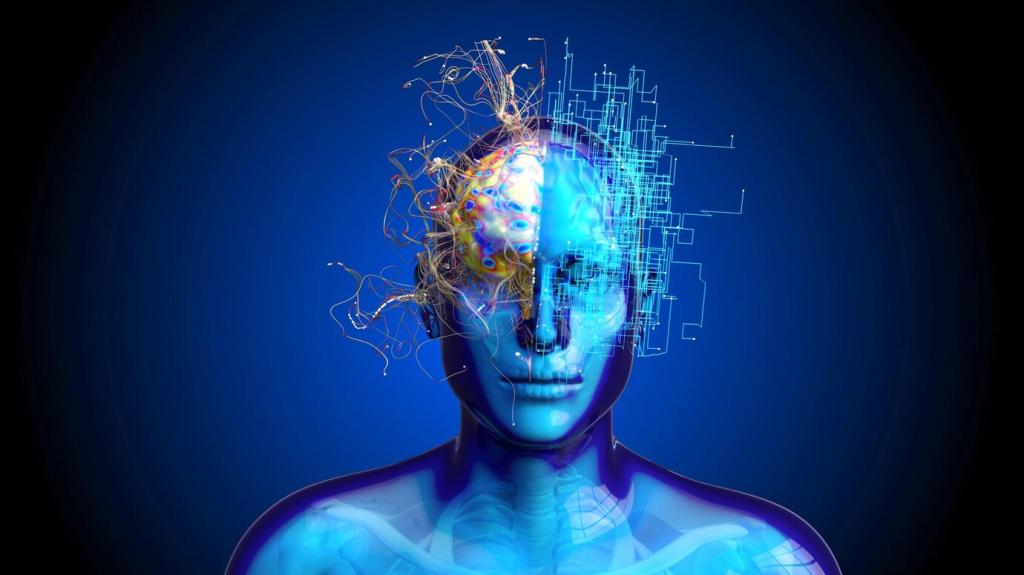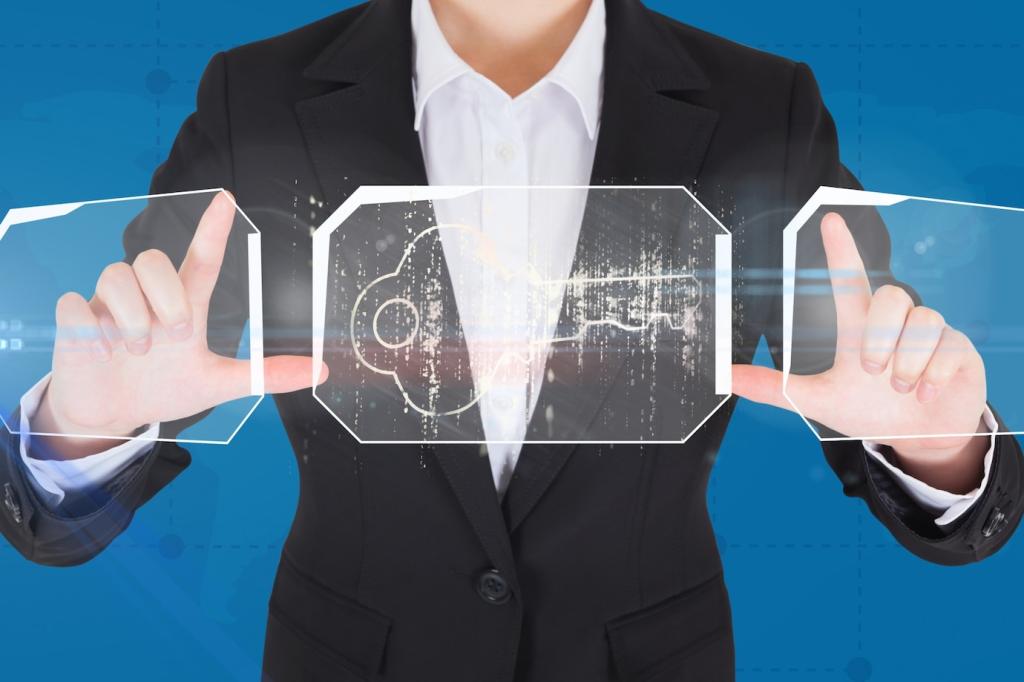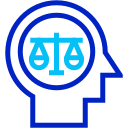
Exploring the Moral Dilemmas of AI
Artificial Intelligence (AI) stands at the crossroads of human ingenuity and ethical uncertainty. As machine learning, automation, and decision-making algorithms rapidly transform society, fundamental questions about right and wrong come to the forefront. In this exploration, we delve into the ethical quandaries posed by AI, examining its impact on our society, the responsibilities of its creators, and the possible futures it beckons us toward. Each section unpacks an essential aspect of AI’s moral landscape, providing a nuanced understanding of what it means to create—and be governed by—intelligent machines.
The Foundations of AI Ethics
Designing AI systems involves encoding human values and judgments within sophisticated algorithms. This process raises profound questions: Whose values are being embedded, and how do we ensure fairness and diversity? As different cultures and communities hold varying ideas of right and wrong, algorithm designers must navigate these complexities. The absence of universal standards complicates matters further, increasing the risk that some groups may be inadvertently marginalized or misrepresented. Ultimately, decisions about value prioritization have lasting impacts, necessitating transparent development processes that consider the broad spectrum of human morality.
The ethical debates surrounding AI draw heavily from philosophical traditions like utilitarianism, deontology, and virtue ethics. Each approach offers distinct frameworks for evaluating the actions of autonomous systems. For instance, a utilitarian perspective would focus on maximizing overall well-being, even if it means sacrificing individual rights, while a deontological approach emphasizes adherence to fixed moral rules regardless of outcomes. The challenge lies in translating abstract philosophical principles into concrete decision-making algorithms, raising debates about moral relativism and the potential for ethical disagreements among AI stakeholders.
One of the foundational issues with AI ethics is determining who bears responsibility when things go wrong. Unlike traditional technologies, intelligent systems can operate independently, making their creators’ accountability less clear. If an autonomous vehicle causes harm or a chatbot disseminates harmful misinformation, is the blame shouldered by the developers, users, or the AI itself? This grey area complicates legal and moral judgments, underscoring the urgent need to define accountability standards that span both ethical philosophy and practical reality.

The Origins of Algorithmic Bias
Algorithmic bias often stems from the data used to train AI systems. When historical data reflect human prejudices or systemic discrimination, AI can inadvertently perpetuate or even exacerbate these biases. This poses significant risks in high-stakes domains, such as criminal justice, hiring, or healthcare. The challenge of identifying and mitigating bias is compounded by the complexity of AI models and the opaqueness of their decision-making processes. Ensuring unbiased outputs demands continual vigilance, careful data curation, and a deep understanding of societal contexts.
Challenges in Achieving Fairness
Fairness in AI is easier said than done. Multiple, sometimes conflicting, definitions of fairness exist, ranging from equal opportunity to parity of outcome. Programmers and ethicists struggle to agree on which standards to apply in any given context. Even more challenging is implementing technical solutions that achieve these standards without unintentionally introducing new forms of unfairness or reducing system effectiveness. As AI becomes more embedded in decision-making, society must grapple with these trade-offs and strive to develop transparent, adaptable frameworks for fairness.
The Social Impact of Biased AI
The implications of biased AI decision-making extend far beyond technical considerations. When AI systems make—or appear to make—unfair or discriminatory decisions, public trust erodes. Marginalized groups may face compounding disadvantages, fueling resentment and distrust towards both technology and its stakeholders. The long-term social consequences include deepens divisions and undermined democratic processes. Addressing these risks demands multi-disciplinary collaboration and an unflinching commitment to understanding the broad ripple effects of technological bias.
Data Collection and Consent
The proliferation of AI-driven services often depends on the collection of massive troves of personal data. This raises serious ethical questions regarding user consent and the extent to which individuals are aware of how their information is being used. Many systems collect data passively or leverage complex terms of service agreements that users barely understand. The line between voluntary and coerced consent blurs, especially when access to vital services is involved. Ensuring meaningful consent requires greater transparency and a rethinking of existing data policies.
AI in Mass Surveillance
Governments and corporations increasingly turn to AI to facilitate surveillance at unprecedented scales. From facial recognition in public spaces to algorithmic monitoring of online behavior, these tools promise improved security but raise serious questions about individual freedoms and autonomy. The potential for abuse is significant, particularly in authoritarian regimes or contexts with weak oversight. The balance between collective security and personal privacy is delicate, and ethical frameworks must address not only what is possible, but what is just.
Unintended Consequences of Data Use
Even well-intentioned uses of AI data processing can lead to harmful unintended consequences. Predictive policing algorithms, for example, may reinforce over-policing in certain communities, further entrenching social disparities. Likewise, seemingly benign recommendation systems can foster echo chambers or radicalization online. By continually assessing the indirect impacts of data-driven AI systems, society must develop methods for foreseeing and mitigating downstream harms, ensuring that innovation does not outpace ethical analysis.

The Impact on Work and Economic Justice
AI-driven automation threatens to eliminate countless jobs across industries, hitting some sectors and worker populations harder than others. While technological progress has historically created new employment opportunities, the speed and scope of AI’s impact are unprecedented. This disruption raises ethical questions about societal responsibility toward displaced workers. Is it sufficient to advise retraining, or do employers and policymakers owe something more substantial? Solutions must address both short-term hardships and the long-term reimagining of meaningful work.

The Black Box Problem
Many advanced AI systems, especially those based on deep learning, are notoriously difficult to interpret, earning the moniker “black boxes.” This opacity becomes problematic when AI makes high-impact decisions in areas like lending, justice, or healthcare. If users, regulators, or even developers cannot understand how outcomes are derived, it undermines accountability and trust. Demystifying AI models is essential for ethical deployment, yet technical complexity often impedes transparency.
The Right to Explanation
Emerging legal frameworks, notably in Europe, enshrine a “right to explanation” for individuals harmed by automated decisions. Ethically, this principle aligns with a broader trend toward transparency and empowerment, allowing individuals to contest errors or biases in algorithmic outcomes. However, implementing this standard in practice is challenging; providing clear, accessible explanations for complex models requires innovative tools and multidisciplinary collaboration. The moral imperative is clear: people should have recourse when affected by AI, but making that right actionable remains a work in progress.
Trust and Public Perception
Trust is the bedrock of any technology’s integration into society, and for AI, explainability is a crucial component. If people feel that AI operates as an inscrutable or unaccountable force, public acceptance will falter. A lack of transparency invites fear, suspicion, and resistance, regardless of technical benefits. Conversely, open, understandable AI systems can foster trust and participation, encouraging responsible adoption. Ethical AI development, therefore, must prioritize not only technical performance but the values of clarity and openness.

Defining and Detecting Consciousness
Philosophers and scientists have long debated what it means to be conscious, and whether machines could ever achieve anything akin to subjective experience. Without clear standards for detection or definition, claims about machine consciousness are fraught with uncertainty. However, as AI becomes capable of mimicking empathy, pain, or self-awareness, the debate intensifies. If machines could genuinely suffer or desire, our moral obligations to them would change dramatically, requiring a reevaluation of rights and responsibilities.

Moral Status of Intelligent Machines
Should artificial agents with advanced cognitive abilities be accorded moral consideration? Some argue that only sentient beings possess moral status, while others point to traits like autonomy, emotion, or learning as possible criteria. As AI systems begin to participate meaningfully in social life—as companions, teammates, or adversaries—society may eventually need to confront questions about their rights, welfare, and protection. The potential for anthropomorphism further complicates these judgments, blurring boundaries between tool and moral agent.
